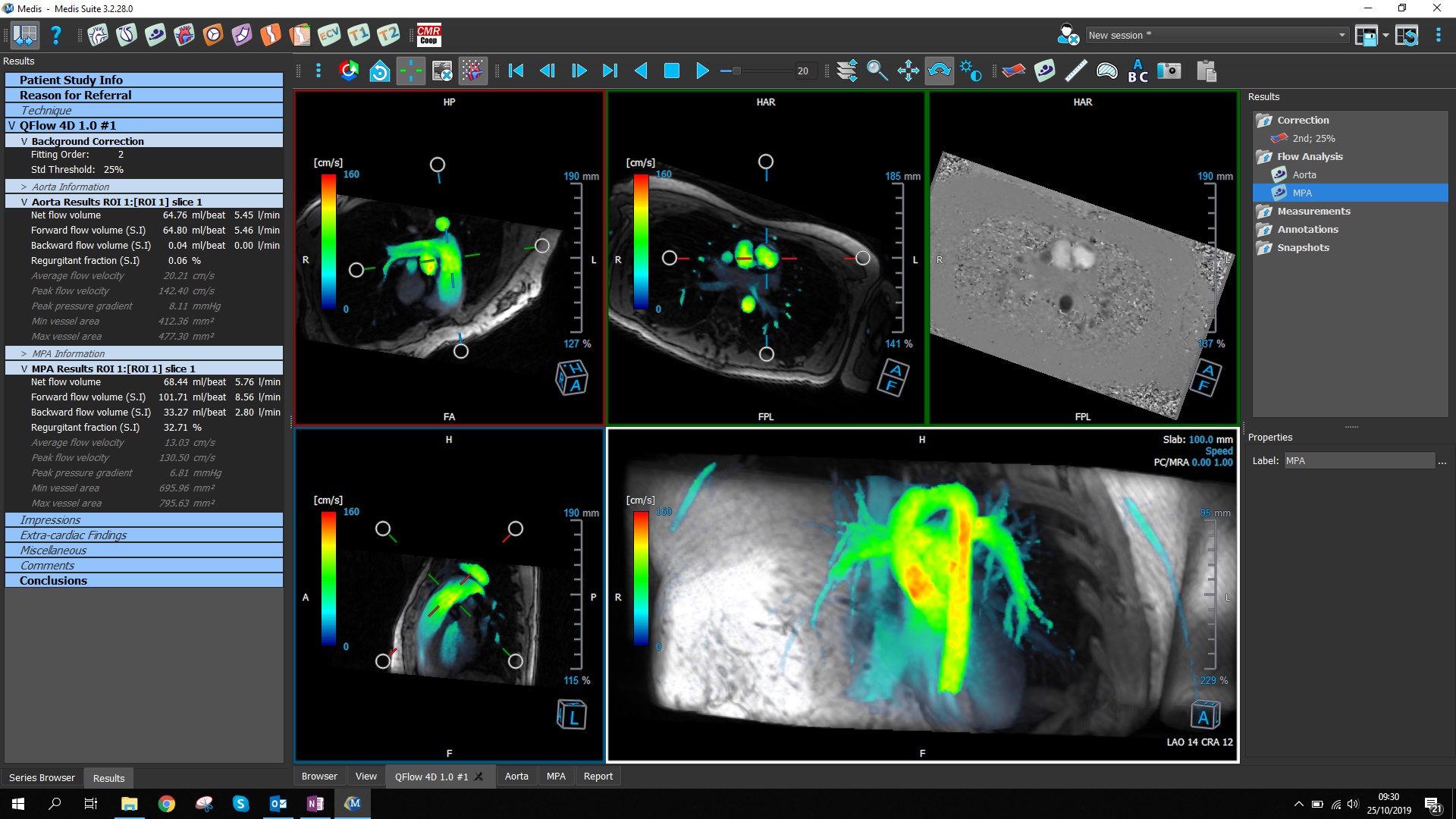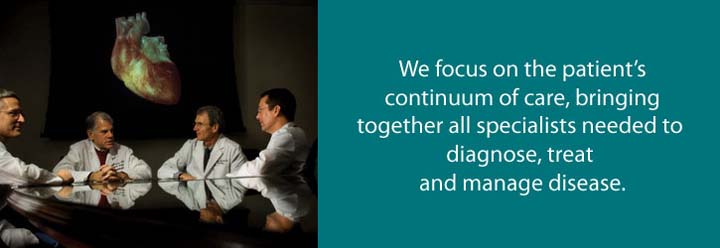
LEIDEN, Netherlands, 11-May-2020 — /EPR HEALTHCARE NEWS/ — MEDIS, a leading developer and supplier of software applications for image-based diagnosis and quantitative assessment of cardiovascular disease, today announced that it acquired Advanced Medical Imaging Development S.r.l. (AMID), a developer and supplier specialized in cardiovascular mechanics and innovative image processing in ultrasound and other modalities. The strategic acquisition will expedite MEDIS’ expansion in new areas of cardiovascular disease, and secure MEDIS’ access to key technologies to further enhance its innovative portfolio of post-processing solutions for X-ray, MR, CT, IVUS, OCT and US devices.
The acquisition of AMID, based in Sulmona (Italy), will further increase MEDIS’ share in the cardiovascular market. “This acquisition expands our product portfolio and brings in new sales channels. The combination of AMID’s products with our product and services portfolio will enable us to provide our customers a unique and more complete multi-modal offering for cardiovascular imaging analysisâ€, said Hans Brons, CEO of MEDIS.
“As part of MEDIS we will have significantly more leverage to position our portfolio of innovative technologies in the global market for cardiovascular imaging software,†commented Giovanni Tonti, CEO of AMID. “Our technology offerings will allow MEDIS to complement and further enhance its already impressive suite of clinical offerings and spur innovation.â€
“MEDIS and AMID have already had an excellent cooperation for over five years, both commercially and in product development. I am very excited about our access to the unique know-how and innovative power of AMID’s founders and their technology, and to intensify the cooperation leading to new solutions that ultimately will benefit the patients“ says Hans Reiber, founder and CSO of MEDIS.
MEDIS will leverage AMID’s proprietary state-of-the-art software and know-how to provide even more sophisticated cardiac and cardiovascular imaging software solutions to its customers. “The integration of both companies will take place over the next months. We expect to significantly strengthen our power to innovate and are very excited about our new relationships with AMID’s existing OEMs and sales channels†added Hans Brons. “Our new customers will continue to receive the same high quality of service which they have come to expect.â€
AMID, which will continue to operate under that name is now a wholly owned subsidiary of MEDIS.
Over the last 6 months Van Herk Ventures has made significant further equity investments in MEDIS with the aim to help accelerate the growth of the company and to enable the acquisition of AMID.
“With this investment, Van Herk Ventures enables us to further expand on our position as an independent vendor of high specialty software and a leader in this industry,†stated Hans Brons, CEO of MEDIS.
“We have been intrigued by the broad spectrum of innovations in the cardiovascular imaging domain that MEDIS has created and commercialized over the years, and in particular the more recent exciting and disruptive opportunities in the field of interventional cardiology.
MEDIS has been recognized worldwide as a company that develops high quality software, listening to the needs of the clinicians and researchers and supporting them with new and expanded applications. We believe that there is a great upwards potential in MEDIS and we like to stimulate these developments and see the company grow to the next level. We are therefore very excited about the MEDIS acquisition of AMID,†said Dharminder Chahal, managing director of Van Herk Ventures.
SOURCE: EuropaWire




